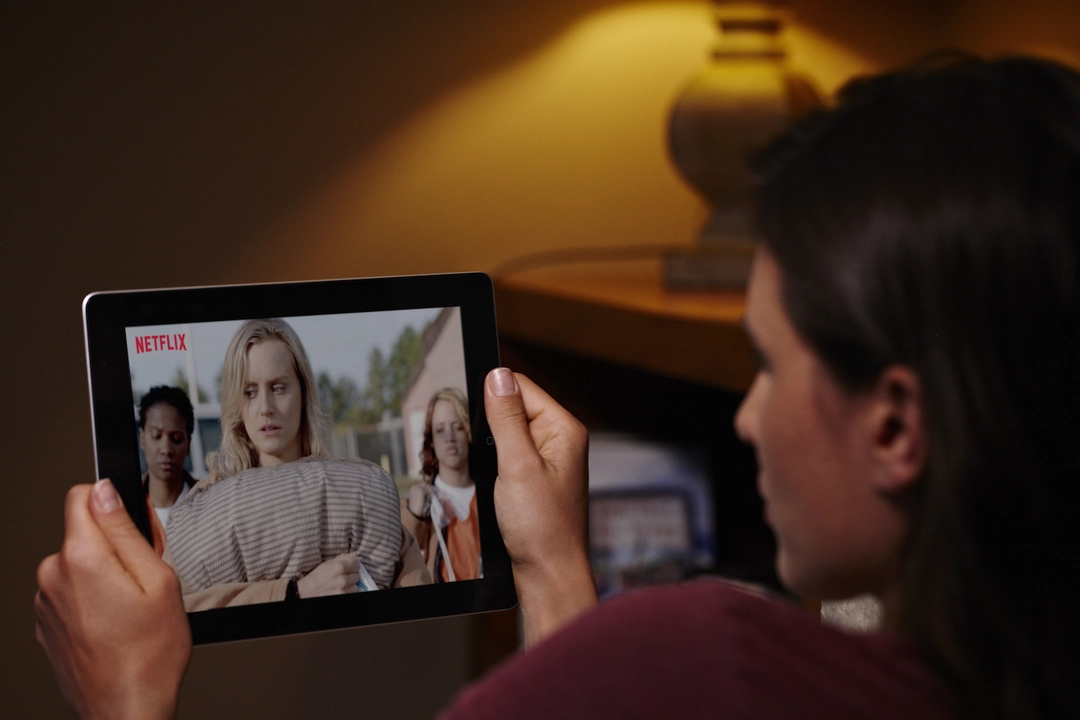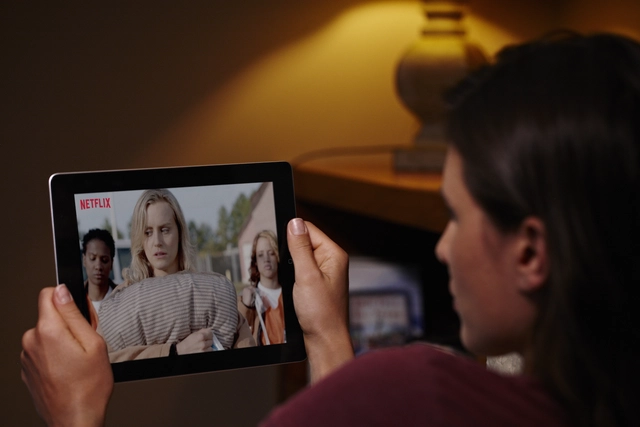- Home
- Technology And Streaming Services
- Does Video on Demand use internet?

Does Video on Demand use internet?
Introduction: Understanding Video on Demand
As a blogger and avid consumer of online content, I often get asked the question, "Does Video on Demand use internet?". It's a valid query, considering the rapid growth of streaming services and the increasing reliance on internet-based entertainment. In this article, we'll explore the world of Video on Demand, how it uses the internet, and the various factors that contribute to its popularity. So, let's dive in and answer this burning question!
What is Video on Demand?
Before we can discuss the internet's role in Video on Demand, it's essential to understand what Video on Demand is. In simple terms, Video on Demand (VoD) is a system that allows users to select and watch video content whenever they want, rather than having to watch it at a specific broadcast time. This is made possible through streaming services like Netflix, Hulu, and Amazon Prime, which offer vast libraries of movies, TV shows, and other video content, all available at your fingertips.
How Does Video on Demand Work?
Now that we know what Video on Demand is let's discuss how it works. At its core, VoD relies on the internet to deliver video content to users. When you select a movie or TV show on a streaming service, the video is transmitted through the internet to your device, where it is then decoded and played. This process happens in real-time, allowing you to watch the content without any delays or interruptions.
Types of Video on Demand Services
There are various types of Video on Demand services available, and all of them use the internet to some extent. Some popular examples include:
- Subscription-based services: Platforms like Netflix, Hulu, and Amazon Prime fall into this category. Users pay a monthly fee to access a library of content that is constantly being updated with new releases.
- Transactional services: These services allow users to purchase or rent individual movies or TV shows. Examples include Google Play Movies, iTunes, and Vudu.
- Ad-supported services: Platforms like Tubi, Crackle, and Pluto TV offer free content to users, but they generate revenue through advertisements that play during the videos.
Does Video on Demand Affect My Internet Usage?
Since Video on Demand relies on the internet to deliver content, it's essential to be aware that streaming can impact your internet usage. Depending on the quality of the video, streaming can consume a significant amount of data. For example, streaming a 2-hour movie in HD can use up to 3 GB of data, while streaming the same movie in 4K can use up to 7 GB.
If you have a limited data plan, it's essential to keep track of your usage to avoid any unexpected charges. However, if you have an unlimited data plan, you can enjoy your favorite content without any concerns.
How Can I Reduce My Internet Usage While Streaming?
If you're concerned about your internet usage while streaming Video on Demand content, there are several ways to reduce data consumption:
- Lower the video quality: Most streaming services allow you to adjust the video quality. By choosing a lower quality setting, you can significantly reduce the amount of data used.
- Download content for offline viewing: Some platforms, like Netflix and Amazon Prime, allow you to download content to your device for offline viewing. This can help you save on data usage, especially if you're on a limited data plan.
- Stream during off-peak hours: If your internet service provider offers unlimited data during specific hours, try to schedule your streaming sessions during those times to avoid exceeding your data allowance.
Video on Demand vs. Traditional TV
Video on Demand has many advantages over traditional TV, which has contributed to its growing popularity. Some key differences include:
- Flexibility: With VoD, you can watch content whenever you want, rather than being tied to a broadcast schedule.
- Personalization: VoD platforms often offer personalized recommendations based on your viewing history, making it easier to discover new content that suits your tastes.
- Ad-free viewing: While some VoD services are ad-supported, most subscription-based platforms offer ad-free viewing, making for a more enjoyable experience.
Conclusion: The Connection Between Video on Demand and the Internet
In conclusion, Video on Demand does indeed use the internet to deliver content to users. As a result, it's essential to be aware of how streaming can impact your internet usage, especially if you're on a limited data plan. However, with the numerous advantages that VoD offers over traditional TV, it's no wonder that more and more people are turning to streaming services for their entertainment needs.

Caspian Westwood
Hi, I'm Caspian Westwood, an entertainment expert with a passion for films. I have dedicated my life to studying and analyzing the world of cinema, both on and off the screen. As a film critic and journalist, I enjoy sharing my insights and engaging with fellow movie enthusiasts. My writing covers a wide range of topics, from classic Hollywood to international masterpieces and indie gems. My goal is to help others discover and appreciate the magic of cinema as much as I do.
Popular Articles
About
Welcome to UK Film Payday, your ultimate source for the latest news, reviews, and discussions on films in the United Kingdom. Immerse yourself in the world of entertainment and discover both classic and contemporary cinema gems. Join our vibrant community of film enthusiasts and indulge your passion for the big screen today!

